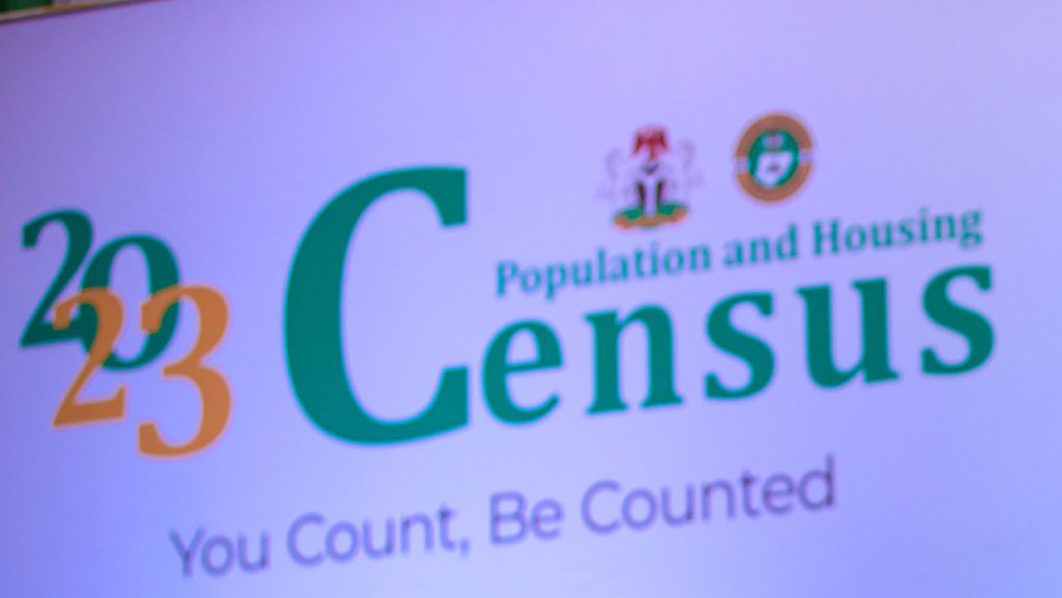
Each of the general election and a national headcount constitutes enough critical and strategic activity that demands total attention and commitment to achieve success. The controversy that goes with both the election and census is wide-ranging. What assurance is there that a credible and acceptable headcount would be conducted within such a very short time, and for a government in its twilight after eight years in office?
Beginning with the poll, by virtue of the Constitution of the Federal Republic of Nigeria, 1999 (as amended), the tenure of the President, Vice President, Governors and Deputy Governors of States of the Federation (except Anambra, Bayelsa, Edo, Ekiti, Imo, Kogi, Ondo and Osun States) will expire on the 28th day of May 2023, while the National and State Assemblies will stand dissolved on the 8th day of June 2023.
In line with these provisions and the Regulations of the Independent National Electoral Commission (the Commission), the Presidential and National Assembly elections shall hold on Saturday 25th February 2023 while the Governorship and State Assembly elections shall hold on Saturday 11th March 2023.
In exercise of the powers conferred by the Constitution of the Federal Republic of Nigeria 1999 (as amended) and the Electoral Act 2022 and of all other powers enabling it in that behalf, the Time table and Schedule of Activities for the 2023 General Election have already been fixed and preparations are in top gear towards the election unfailingly.
Consequently, the election is a major national event that has the attention of Nigerians and the entire global community focused on Nigeria. The process from the election to the swearing in of the new administration on May 29, 2023, would be so occupying and involving that there would be no space/time to think of any other activity. The election tribunals and judgments will continue even after May 29, 2023. Some cases may drag up to the Supreme Court. How then could President Buhari contemplate staging an equally critical and sensitive census?
Besides, ongoing efforts by the National Population Commission (NPC) toward conducting a census for the country next year alongside the general elections cannot be more inappropriate amidst the critical security challenges afflicting practically the entire country. These factors will undoubtedly affect the census’ outcome adversely. Even by its own admission, the NPC’s pre-census test being conducted in parts of the country are being hampered by severe security challenges in some states.
Truth is that the actual insecurity in the land is far worse than the picture of insecurity painted by the NPC. And given also the pitiable financial state of the country, it is time the commission explores other avenues outside census to carry out its duty of projecting Nigeria’s population to enhance its planning and development.
President Muhammadu Buhari should not succumb to pressure from the commission to approve or release money for the conduct of the census. Already, the NPC leadership is ruing the approval, and even envisaging that if the N200 million expected for the exercise from government is not sufficient, it would get more funding from international donors. It is little wonder then that the Federal Government is seeking funding from the UN agencies to fund both the polls and the census.
As it were, the situation on ground is a recipe for failure or unmitigated controversies if any headcount is conducted at this time. The crisis that would arise is better avoided than added to the many woes that had plagued census in this country. All the past censuses were controversial; and it is not enough to conduct a census just for the sake of it when all the pointers show a clear negative outcome.
In view of the controversies and huge public funds that have always dogged census in the country, it is time the NPC adopts data bases available in births and deaths registers, Voters’ Register, National Identification Number, Banks Verification Numbers, Drivers’ Licences, licensing offices, Immigration, Customs, JAMB, school enrolment figures, WAEC and other relevant bases to update and project the country’s population. A lot of development projects in education, health, housing, infrastructure and security can be achieved in the country with or without census figures. Census in Nigeria has been a colossal waste of time and money, which the country cannot afford to incur this time around.
Above all, Nigeria should stop using population as basis for sharing national resources. Instead, the country should adopt true federalism where sections of the country would be free to manage their own affairs including population and their natural resources, more independently of the central government.






